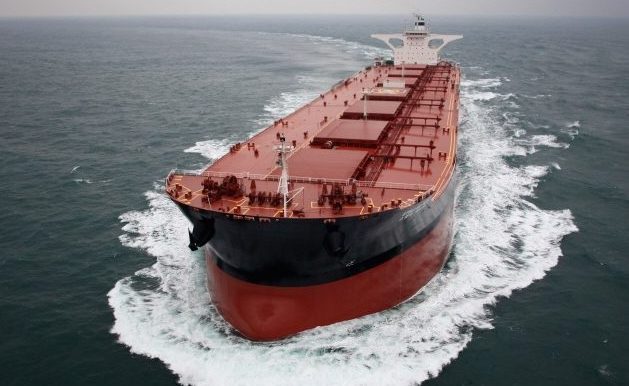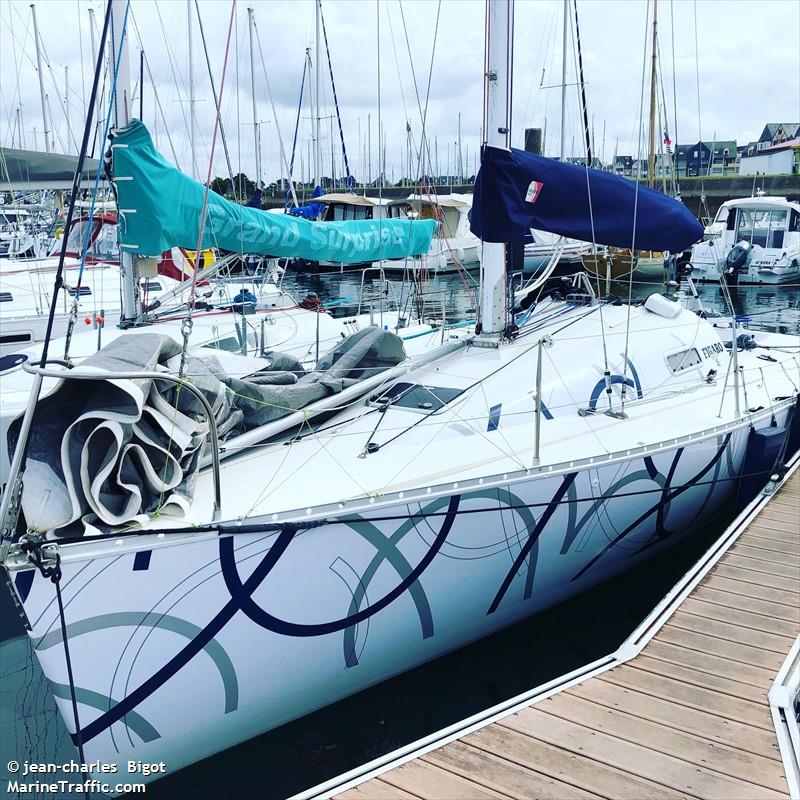Attention turns to Polaris’s 19 converted bulkers

A Korean seafarers union has questioned whether Polaris Shipping’s fleet is fit for purpose and suggested tankers that have been converted into bulkers are dangerous.
In the wake of last Friday’s disappearance – and presumed sinking – of the Stellar Daisy VLOC, the Federation of Korean Seafarer’s Unions (FKSU) has issued a statement blasting the owner, Polaris, as well as urging the Korean government to take steps to ensure the disaster does not happen again.
Search and rescue teams continue to scour the South Atlantic off Uruguay in a vain attempt to find the missing 1993-built converted bulker and 22 missing crew. Just two Filipino crewmembers have been picked up to date. They reported the ship, detained in China in February over water tightness deficiencies, suffered water ingress and rapidly listed leading to a quick evacuation.
South Korea’s shipping industry is still coming to terms with the sinking of the Sewol, a ferry that capsized in 2014 with the loss of 304 lives. The ship has been in the news this week as it is being salvaged and brought to a drydock.
The FKSU said in hard-hitting statement, “It is an undeniable fact that both the Sewol and the Stellar Daisy have several things in common. Both vessels were retrofitted and classed by the Korean Register of Shipping.”
The federation went on to note that of Polaris’s 32 bulkers, 19 were tanker conversions.
“We can’t help but think that it is possible for similar accidents to happen in future,” the statement read.
Splash reported yesterday that another 1993-built converted ore carrier belonging to Polaris has had to call at Cape Town this week after a crack emerged on the ship.
The FKSU demanded the Korean government take action, saying: “The South Korean government did not ensure that ships are managed properly and has avoided responsibility. Shipowners do not consider the safety and lives of seafarers but keep exploiting loopholes to build vessels.”
The top management at Polaris – Kim Wan-jung and Han Hee-seung – finally issued a statement yesterday offering their “deepest apologies” over the accident. The Busan-based company has come in for flak at home for taking 12 hours to form an emergency response team from the moment officials were first alerted to the incident.
Yesterday, Intercargo joined the IMO in calling for a thorough investigation into the Stellar Daisy disaster.
“Intercargo encourages the Flag State and all stakeholders (eg Classification Society and P&I Club) involved in this regretful event to be mobilised swiftly and cooperate fully, in order to submit as quickly as possible to IMO a thorough and quality report investigating its causes. Lessons need to be learnt promptly after maritime casualties,” the dry bulk owners body stated.
Class society KR, which has been at the centre of criticism, having classed the Sewol, and both the Stellar Daisy and Stellar Unicorn, issued a statement to Splash, stating: “At this stage it is too early to speculate on the exact nature or the causes of the incident but KR is cooperating fully with the shipowner and all relevant authorities.”
Jonathan Andrews from Steamship Mutual, the P&I Club covering the Stellar Daisy, would not be drawn on the incident, telling Splash: “It is not our practice to comment to the media in these circumstances and we have no comment for you.”

 VLOC, the Federation of Korean Seafarer’s Unions (FKSU) has issued a statement blasting the owner, Polaris, as well as urging the Korean government to take steps to ensure the disaster does not happen again.
VLOC, the Federation of Korean Seafarer’s Unions (FKSU) has issued a statement blasting the owner, Polaris, as well as urging the Korean government to take steps to ensure the disaster does not happen again.
FKSU’s proposal is valid. All the vessels converted to bulk carriers have to be inspected soonest possible and on top of that their structural integrity to be verified by an independent party. This is of utmost importance in view of the risk to the crew manning these vessels.